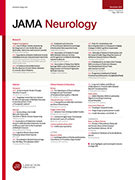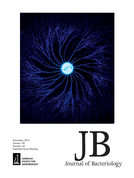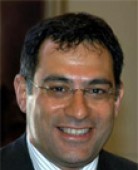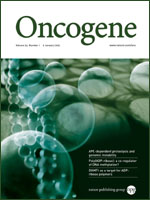The authors of a paper about the benefits of an antioxidant found in blueberries known as pterostilbene have retracted it after their subsequent research suggested the antioxidant might actually be harmful.
The paper presented evidence that the antioxidant might help rats after heart attack, in part by inhibiting cell death (apoptosis). But according to the retraction note, more work
found that pterostilbene might induce apoptosis in the heart and can be harmful, and we are now focusing on the phenomenon.
The rest of the retraction note for “Pterostilbene attenuates inflammation in rat heart subjected to ischemia-reperfusion: role of TLR4/NF-κB signaling pathway,” published in the International Journal of Clinical and Experimental Medicine, suggests that the authors would consider republishing their findings if they became more confident in the data:
Continue reading Authors retract antioxidant paper after more work reverses their conclusion
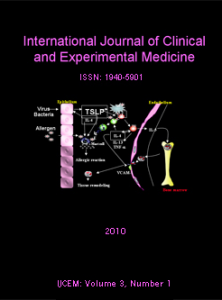
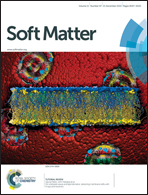 An author has been added to a biochemistry paper following an investigation by the University of Helsinki.
An author has been added to a biochemistry paper following an investigation by the University of Helsinki.